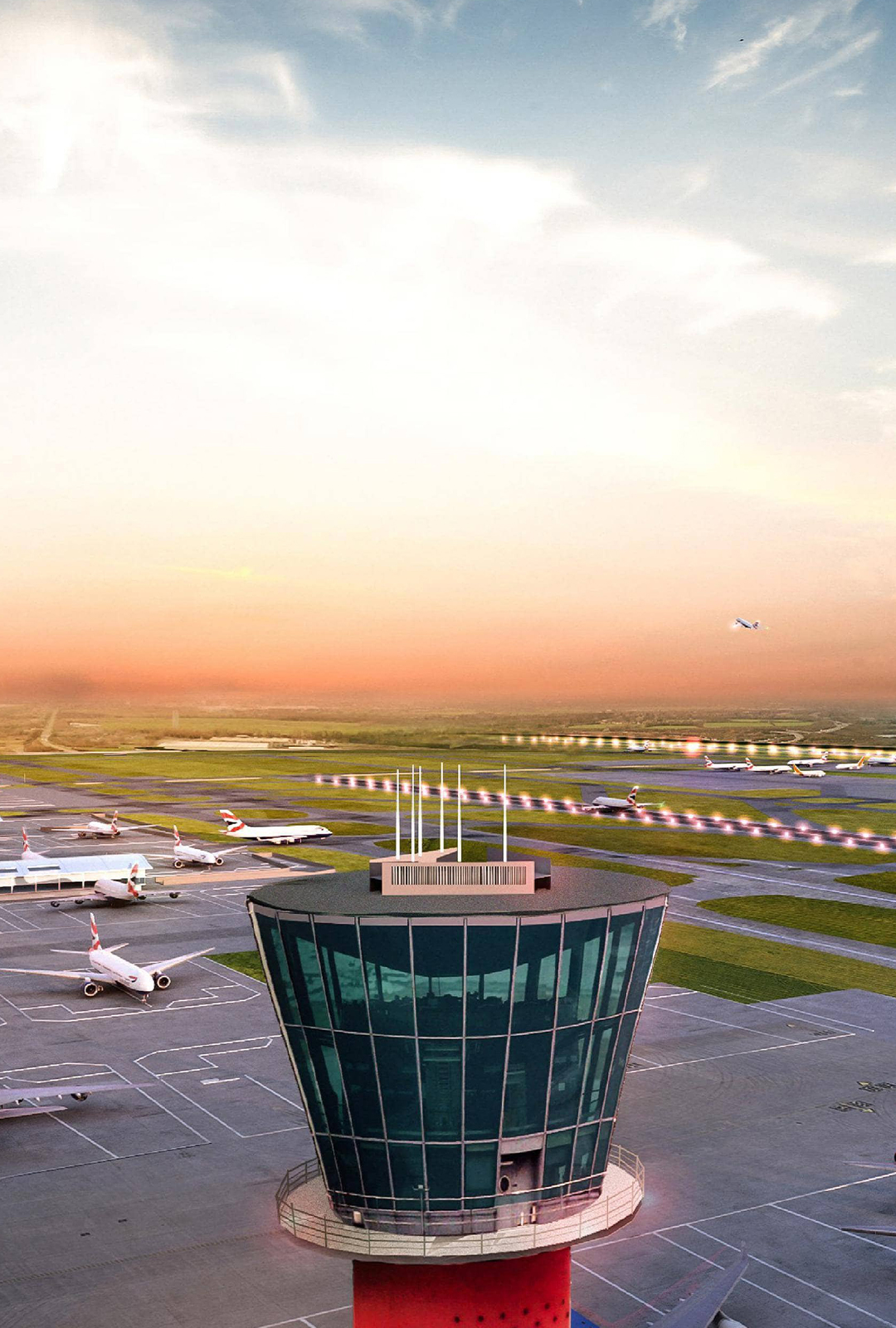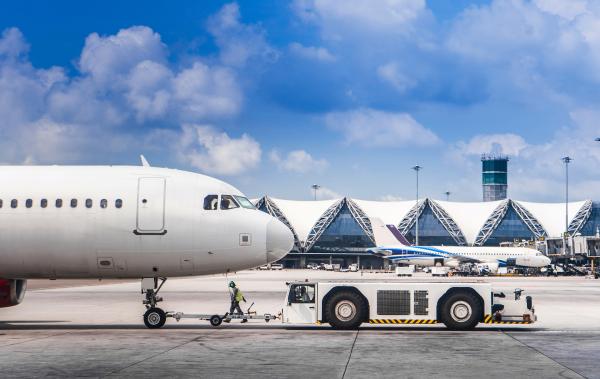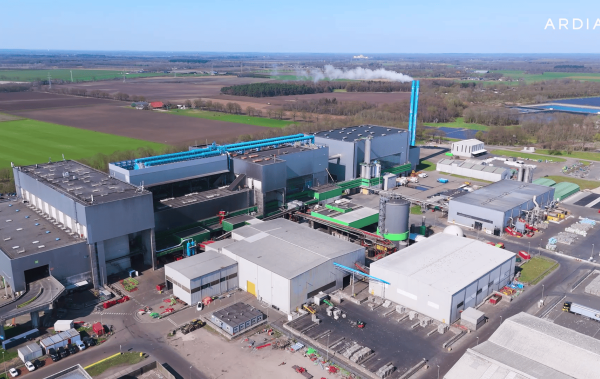How to support the transformation of air travel
Growth stories
How to support the transformation of air travel
-
05 June 2025
-
Infrastructure
Reading time: 4 minutes
 | Heathrow’s hub status can make it a climate leaderArdian is a proven investor in airports over more than ten years. Its hands-on experience will help Heathrow advance a growth strategy to drive the transformation of air travel. |
-
50%
of UK exports by value pass through Heathrow
-
99%
capacity utilization
-
3%
SAF in 2025, up from 2% in 2024
Heathrow: A strategic aviation hub at the heart of Ardian’s investment strategy
In this video, Juan Angoitia, Alexis Ballif and William Briggs discuss how Ardian is supporting Heathrow’s ongoing transformation.
Building sustainable growth at Heathrow Airport: A global aviation hub targeting emission reduction and sustainable travel
Ardian has been investing in infrastructure for 20 years, gaining a reputation as a pragmatic and collaborative owner of essential assets that underpin economic growth. This is an important qualification for its intended role at Heathrow. “We are known as a sensible shareholder and a good citizen in these situations,” says Juan Angoitia, Co-Head of Ardian Infrastructure, Europe, and a member of the Heathrow board.
But equally important is Ardian’s experience as an owner of airports since 2013, first London Luton and then a portfolio of Italian airports including Milan and Naples. At Luton, Ardian demonstrated its commitment to invest in growth by expanding capacity with a new terminal.
We also paid a lot of attention to maintaining dialogue with all stakeholders and we increased jobs by 25% at the airport. This is an indication of what we could do at Heathrow.
Whenever we invest, we select situations where there is a decision to be taken that could transform the company,” he explains. In Heathrow’s case, that decision – whether to add a third runway – has been debated for decades. Ardian’s purchase of a 32.6% stake in the airport comes at a moment when the possibility seems to be growing, thanks to the UK government’s desire to accelerate economic growth. Heathrow’s role in the UK economy goes well beyond passenger travel: Heathrow is the UK’s largest port by value.
-
83.9m
passengers in 2024
-
8,000
direct employees, 80-90,000 others working at Heathrow
Airports are vital national assets that have many stakeholders: government, local authorities, regulators, airlines, employees and local communities. To unlock expansion at Heathrow, partnerships must be built and interests aligned among all stakeholders – Ardian’s experience at Luton will be vital in achieving this.
There is strong demand for aviation which is undepinning the growth at Heathrow. We believe there are ways to build, expand and grow in a sustainable way
Ardian and the Heathrow management also agree that expansion cannot come at the expense of the climate. The airport is committed to sustainable growth and in 2023 became the first in the world to issue sustainability-linked bonds including a target to reduce Scope 3 emissions. It has created an incentive to cover half the extra cost to airlines of adopting sustainable aviation fuel (SAF). In 2025, its target is for 3% of fuel loaded at Heathrow to be SAF, rising to 11% by 2030. “The only way to develop Heathrow is in a sustainable way,” says Angoitia, adding that airports are uniquely positioned to drive the transformation of air travel because they bring together all the major players.
We believe that by investing in airports we can be part of the climate transition because the airport is where everybody meets – airlines, jet fuel providers, passengers, the whole ecosystem.
As the best-connected airport in the world, Heathrow sits at the heart of the industry’s biggest eco system. This gives it an unparalleled opportunity to help steer air travel towards a low-carbon future.
Ardian AirCarbon brings data science to accelerate emission reduction and sustainability at airports
During Ardian’s ownership of several Italian airports, including those in Milan, Naples and Turin, the company started using its expertise in data science to help the management teams implement their sustainability strategy. The result was Ardian AirCarbon, a cloud-based platform that analyzes aircraft movements based on real-time data and allows airports to model ways to reduce their emissions. Ardian AirCarbon had a material impact at Ardian’s Italian airports: in Naples, aircraft emissions on take off were cut by 30% by modifying f light trajectories. The tool was subsequently implemented at Iceland’s Keflavík airport, which is not owned by Ardian. The company has made Ardian AirCarbon available to Heathrow’s management.










